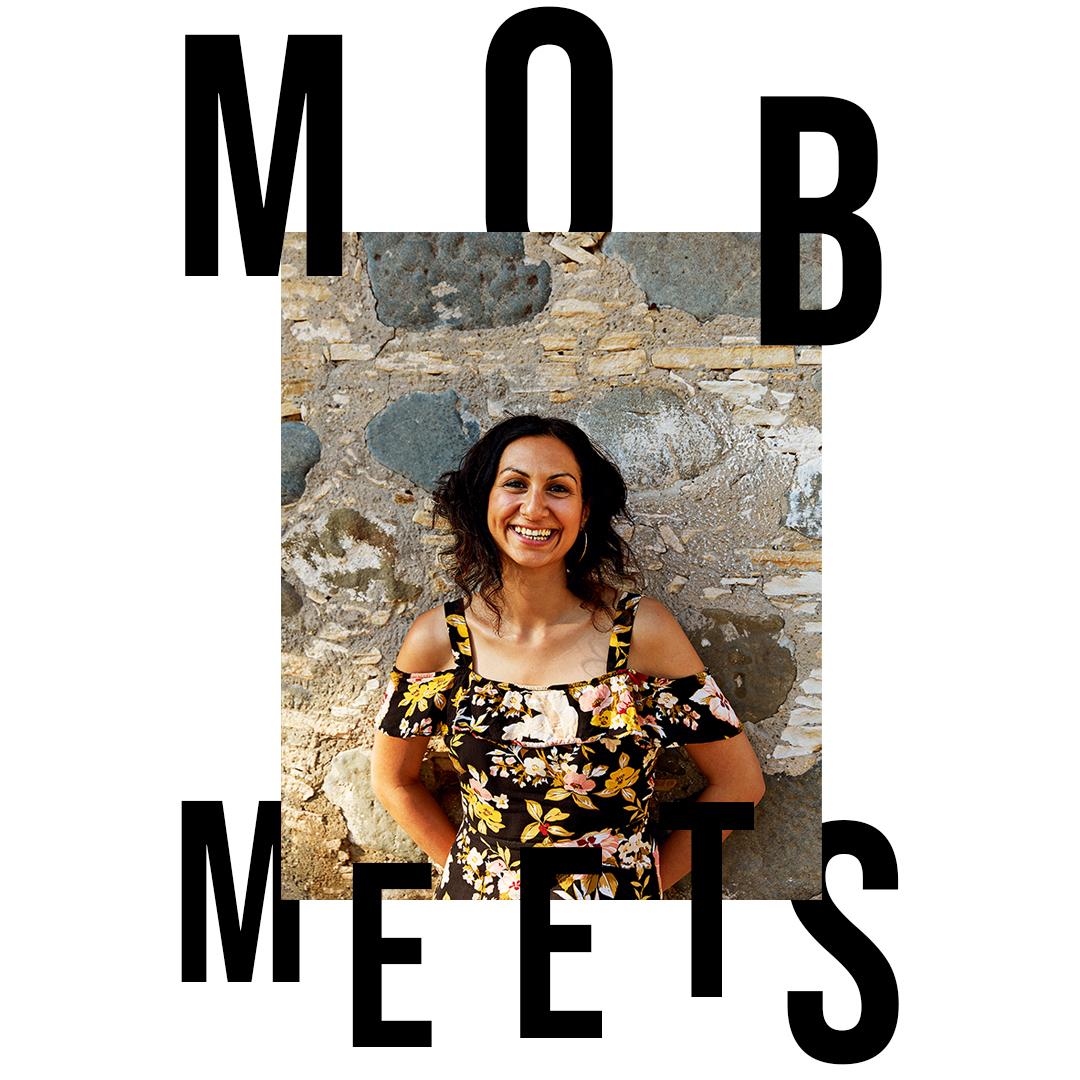Yasmin Khan is a best-selling author, broadcaster, and cook. She can make better food than most of your favourite writers and write better sentences than most of your favourite cooks. In fact, there doesn't seem to be much that Yasmin isn't really, really good at. Her first two cookbooks (Zaitoun and The Saffron Tales), offered hard-hitting insights into the shifting nature of diaspora cooking without sacrificing on flavour, and it’s no surprise to learn that the likes of Nigella Lawson, Anthony Bourdain, and Yotam Ottolenghi have all considered themselves to be fans of her work.
Yasmin’s latest book, Ripe Figs: Recipes and Stories from the Eastern Mediterranean, is yet another string in her bow. An aromatic and evocative food tour of the Eastern Mediterranean, Ripe Figs is filled with tantalising recipes and stories of the people that Yasmin has shared meals with, and cooked alongside, during her travels. Yasmin traces the history of myriad recipes that have spread through the region from the time of Ottoman rule to the more recent influence of refugee communities. You'll find everything from a comforting spanakopita to a humble and refreshing Turkish shepherd’s salad immortalised in rather glamorous fashion on the pages of Khan's cookbook.
Borders, migration, and identity are the primary themes of Ripe Figs and it’s the combination of Yasmin’s moreish recipes with her incisive writing that makes it a must-have cookbook for your collection. It is a book, quite literally, dedicated to migrants everywhere and – considering the bleak environmental landscape we all inhabit and the ongoing refugee crisis that continues to affect the lives of people all over the world – it is an essential read for anyone interested in the politics of food. Hell, even if you’re not interested in the politics of what you're eating, it’s still a whole lot of fun and an essential for anyone who wants to cook some dazzling recipes.
Here's what happened when MOB met Yasmin Khan.
